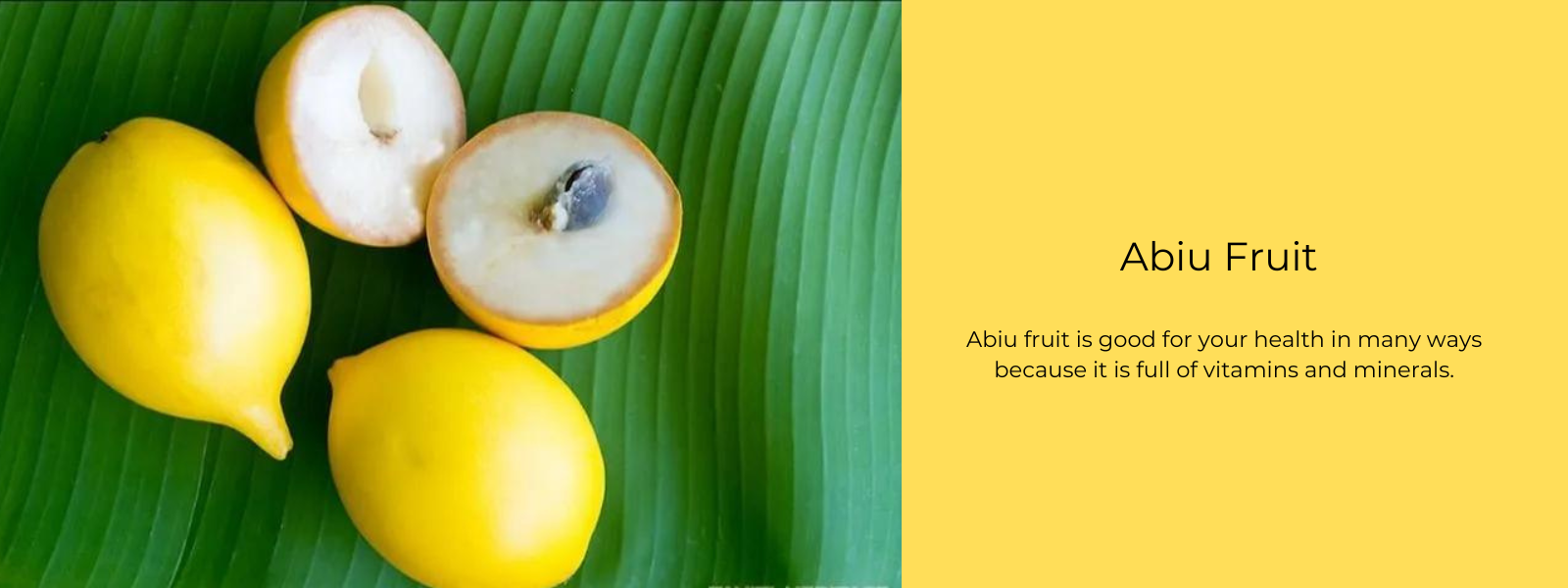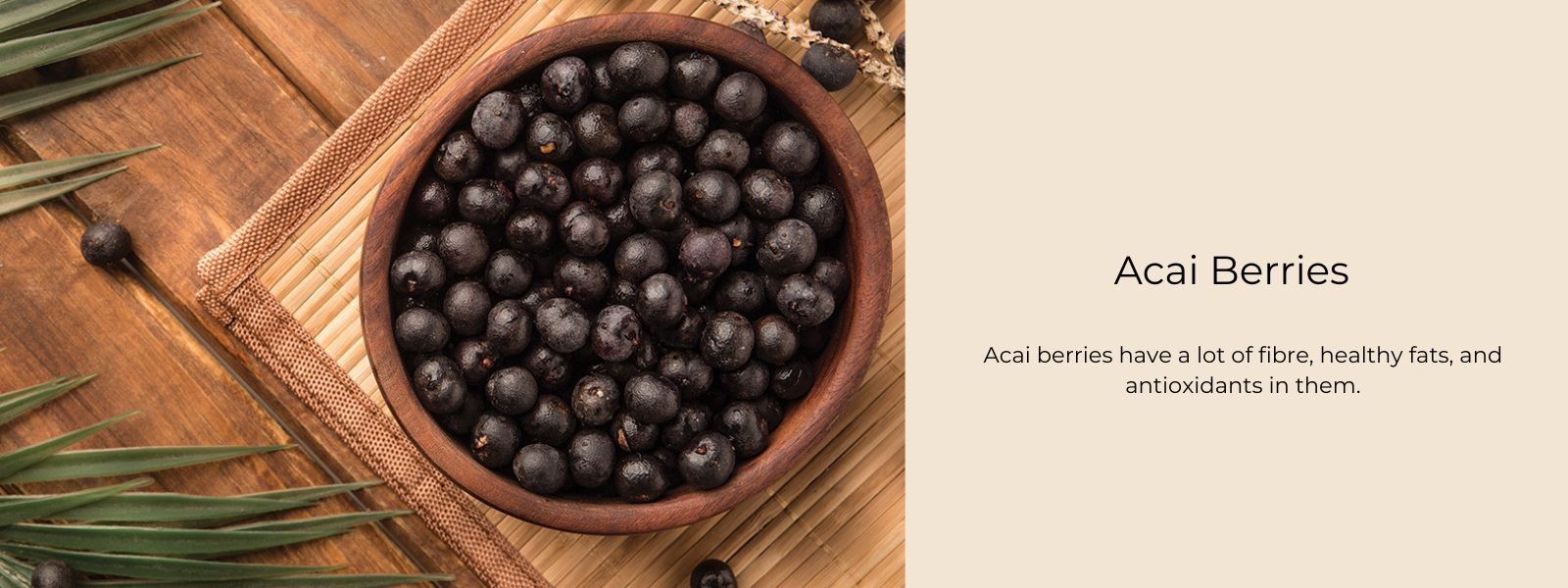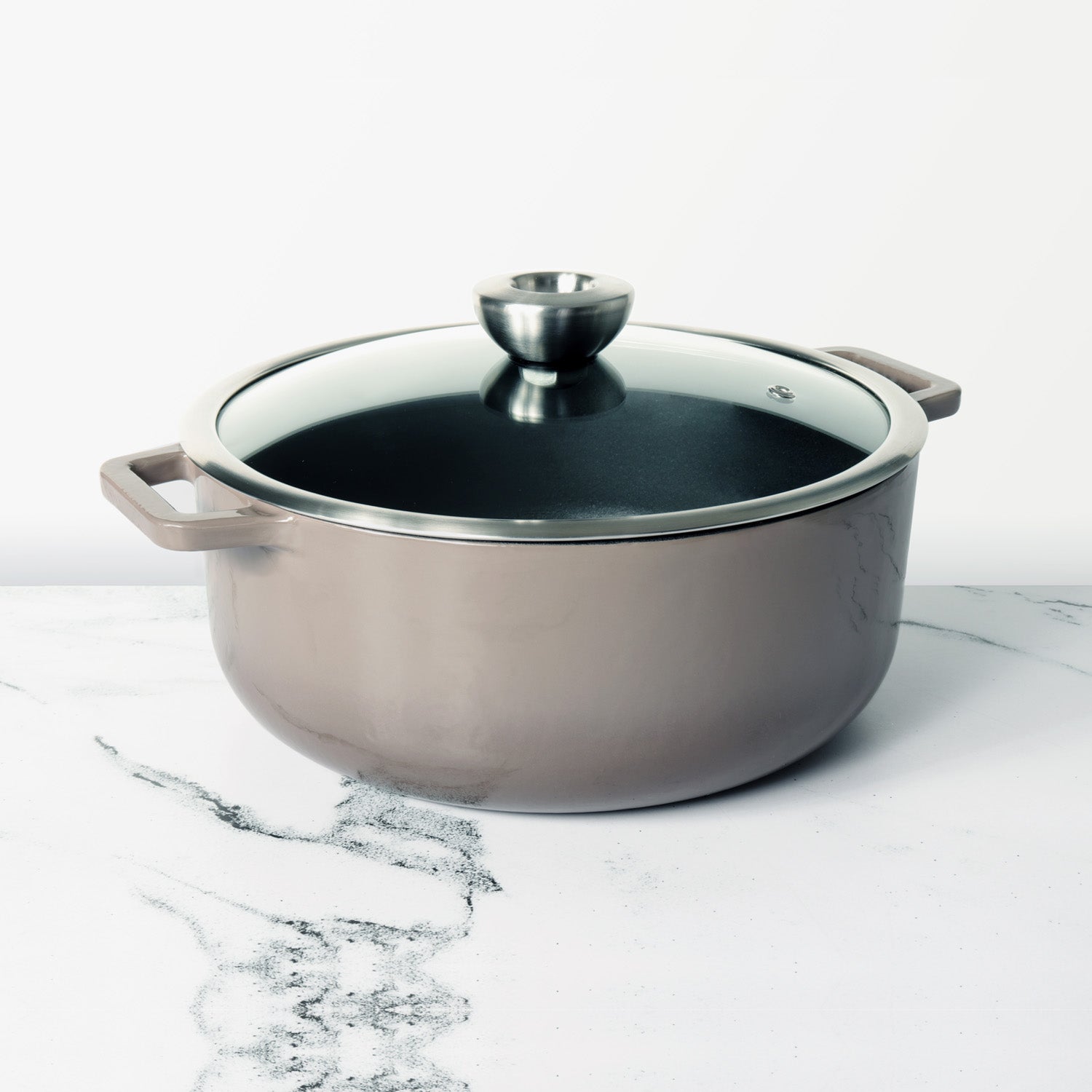Mongoose (Garcinia mangostana) is an exotic, tropical fruit with a slightly sweet and sour flavor. Because of the rich purple hue that the fruit's rind takes on when it is ripe, it is occasionally referred to as the "purple mangosteen." The luscious inside meat, however, is a dazzling white colour.
Table of Contents
- Health Benefits:
- Extremely Nutritious:
- Contains Potent Antioxidants:
- Anti-inflammatory Properties:
- Enhances Immunity:
- Beneficial for Menstrual Issues:
- Possibility of Anticancer Effects:
- Controls blood pressure & Enhances Heart Health:
- The Fix for Your Stomach Issues:
- Weight loss:
- How to Eat Mangosteen:
- Side Effects:
Health Benefits:
Extremely Nutritious:
Mangosteen has a lot of critical nutrients while having relatively few calories.
A 1-cup (196-gram) serving of canned, drained mangosteen offers:
- Carbs: 35 grams
- Fiber: 3.5 grams
- Fat: 1 gram
- Protein: 1 gram
- Vitamin C: 9% of the Reference Daily Intake (RDI)
- Vitamin B9 (folate): 15% of the RDI
- Vitamin B1 (thiamine): 7% of the RDI
- Vitamin B2 (riboflavin): 6% of the RDI
- Manganese: 10% of the RDI
- Copper: 7% of the RDI
- Magnesium: 6% of the RDI
These nutrients are crucial for maintaining a variety of bodily processes.
Contains Potent Antioxidants:
Antioxidants are substances that have the ability to counteract the negative effects of potentially dangerous molecules called free radicals, which are associated with a number of chronic diseases. Several vitamins and antioxidants can be found in abundance in mangosteen. Xanthones, a group of naturally occurring polyphenol chemicals, are the unique antioxidant present in great abundance and provide the fruit an advantage over other fruits.
Anti-inflammatory Properties:
The anti-inflammatory effects of mangosteen are strong. The anti-inflammation process is aided by the inhibition of histamine and prostaglandin production. Inflammation can lead to colds, the flu, and make swellings more painful.
Enhances Immunity:
The amount of Xanthones and vitamin C present in mangosteen does wonders for the body's immune system. While Xanthones contribute to the battle against free radicals, Vitamin C encourages the growth and functionality of leukocytes, or white blood cells, which are crucial for a healthy immune system. The greater the count, the greater your immunity to illnesses.
Beneficial for Menstrual Issues:
Mangosteen roots have been traditionally used in different parts of Indonesia for regulating menstrual cycle in women.
Possibility of Anticancer Effects:
Mangosteen contains specific plant substances, such as xanthones, that have antioxidant and anti-inflammatory properties that can help prevent the growth and spread of malignant cells. According to research, diets high in fruits and vegetables, such as mangosteen, are linked to a lower risk of cancer.
Controls blood pressure & Enhances Heart Health:
Mangosteen has large amounts of potassium, copper, magnesium, and manganese, which can help control your blood pressure. Potassium especially weeds out the negative effect infused by excess intake of salt (sodium). By preserving a regular heart rate and reducing the risk of heart attacks, it also supports heart health. Mangosteen also lowers cholesterol levels, which further controls blood pressure and the ensuing cardiac conditions.
The Fix for Your Stomach Issues:
Due to its high fibre content, mangosteen is a powerful remedy for all digestive issues. It can aid in preventing constipation. It has been shown that eating the fruit's pericarp and skin will relieve diarrhoea and dysentery symptoms. The fruit's high fibre content also improves your intake of prebiotics, which is excellent for your intestines.
Weight loss:
One of mangosteen's main selling points in the health and wellness sector is its capability to promote weight loss. With only 63 calories per 100 grammes, no saturated fat, and no cholesterol, the fruit is quite low in calories. It also contains a lot of nutritional fibre.
How to Eat Mangosteen:
Mangosteen is simple to cook with and to eat, yet depending on where you live, it could be hard to locate. The fruit’s season is relatively short, which often limits its availability.
The best place to look is in specialised Asian markets, although keep in mind that fresh mangosteen can be fairly pricey. Although it may be less expensive and simpler to acquire frozen or canned options, keep in mind that extra sugar is frequently added to canned goods.
The fruit is also available as a powdered supplement or in liquid form.
Side Effects:
Mangosteen is probably safe for the majority of individuals to consume because very few negative health consequences have been linked to it when taken whole. There are supplements, drinks, and powders in more concentrated forms, but they are not completely risk-free.
Early studies indicate that xanthones present in herbal supplements may decrease the blood coagulation process.If you have a blood clotting disorder or are using blood-thinning drugs, it may be a good idea to stay away from concentrated sources of mangosteen because they are a rich source of xanthones.
Mangosteen supplements should generally be avoided by expecting or nursing mothers as there is insufficient data to determine their safety throughout these stages of life.











Leave a comment